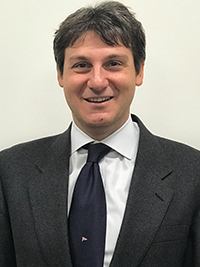
Fellow
The General Hospital Corporation dba Massachusetts General Hospital
Discovering Novel Therapeutic Strategies for Patients with Pancreatic Cancer
Overview
Pancreatic cancer (PDAC) lethality is linked to a combination of intrinsic chemoresistance, rapid tumor growth, and high metastatic propensity. Tumor stroma consists of a complex ecosystem composed of immune cells, endothelial cells, and cancer associated fibroblasts (CAFs), providing a niche for cancer cells to modulate tumor growth and invasive behavior. Pancreatic CAFs make up the bulk of the tumor stroma, which have classically been thought to increase growth, suppress the immune response, and enhance metastatic dissemination. We find that tumor stroma promotes an aggressive phenotype with the concomitant ability to proliferate and metastasize, which we termed the double positive (DP) phenotype. We showed that this phenotype positive correlates with patient worsened survival and chemoresistance. Furthermore, we discovered that the DP phenotype is linked to the co-activation of two important cellular pathways (MAPK and STAT3) at single cell level, which makes these cells potentially vulnerable to the simultaneous inhibition of these two pathways. Therefore, we plan to develop strategies to therapeutically target DP cells by using a combination of the latest genome-editing technology (CRISPR) and with existing small molecule inhibitors of these pathways (trametinib and pyrimethamine). Moreover, we propose to better define the role of the DP phenotype in PDAC chemoresistance (primary vs. acquired chemoresistance). By obtaining pre and post treatment biopsies from patients who respond vs. patients who do not respond to preoperative chemotherapy, we will determine how these DP cells contribute to chemoresistance. This work will provide new insight into PDAC behavior and open novel therapeutic avenues.